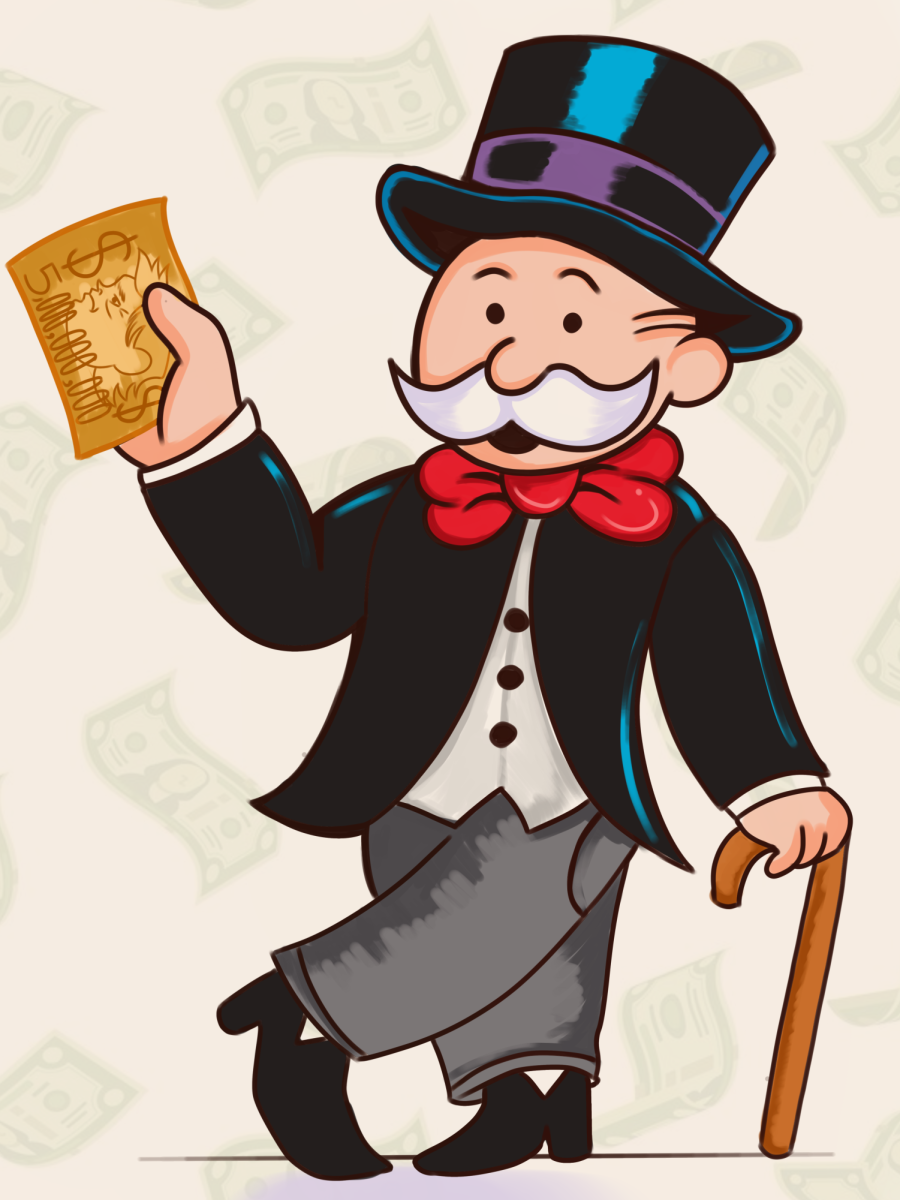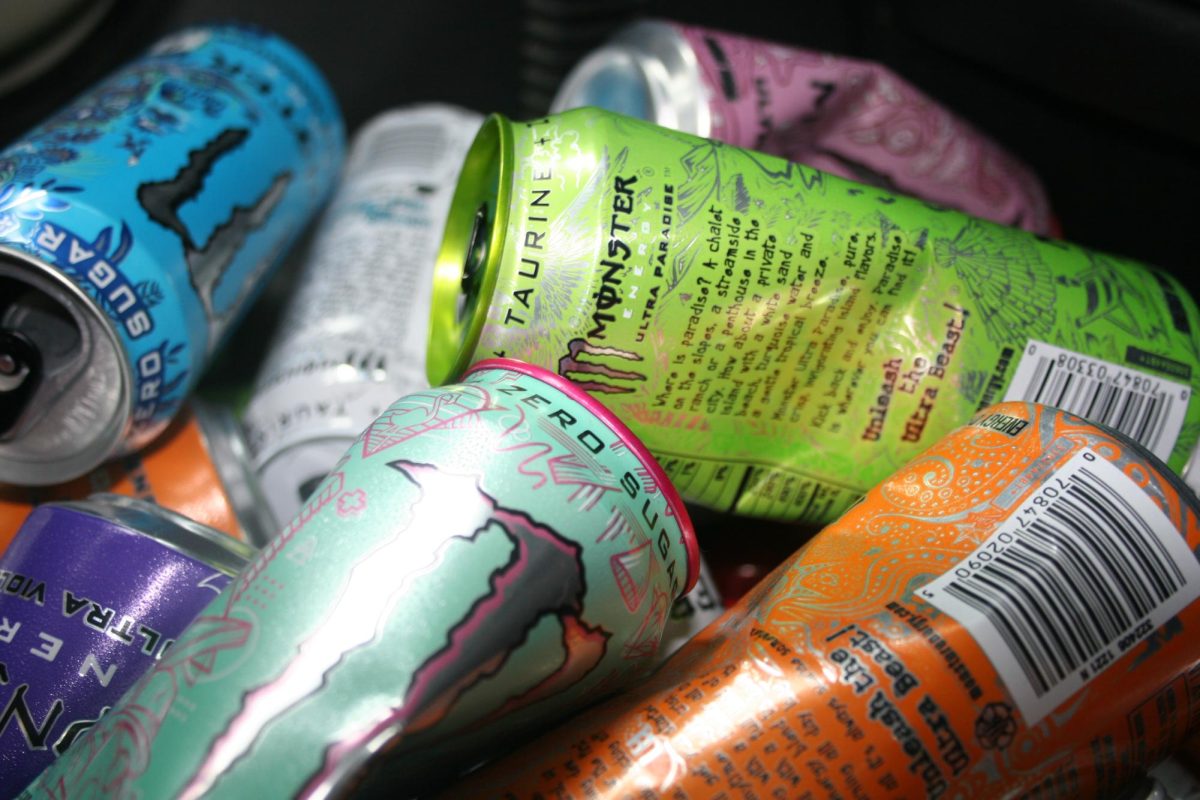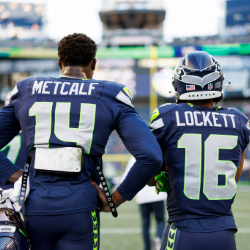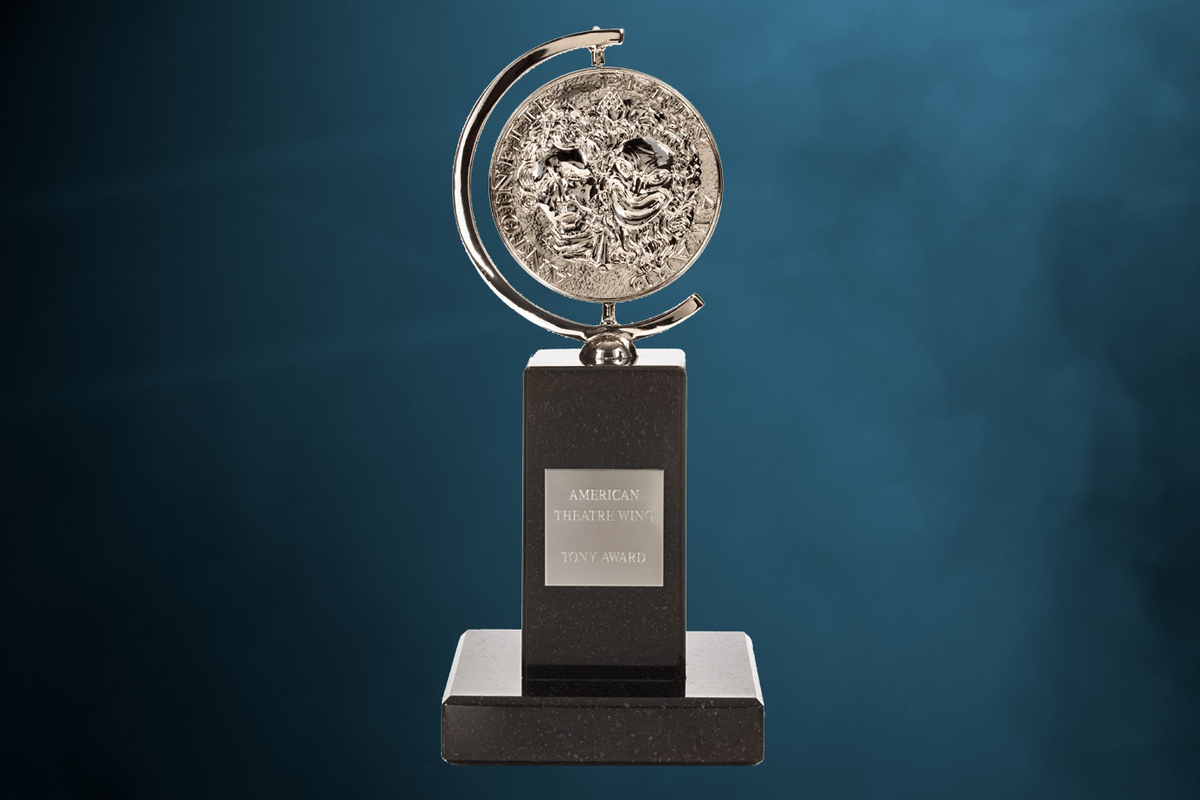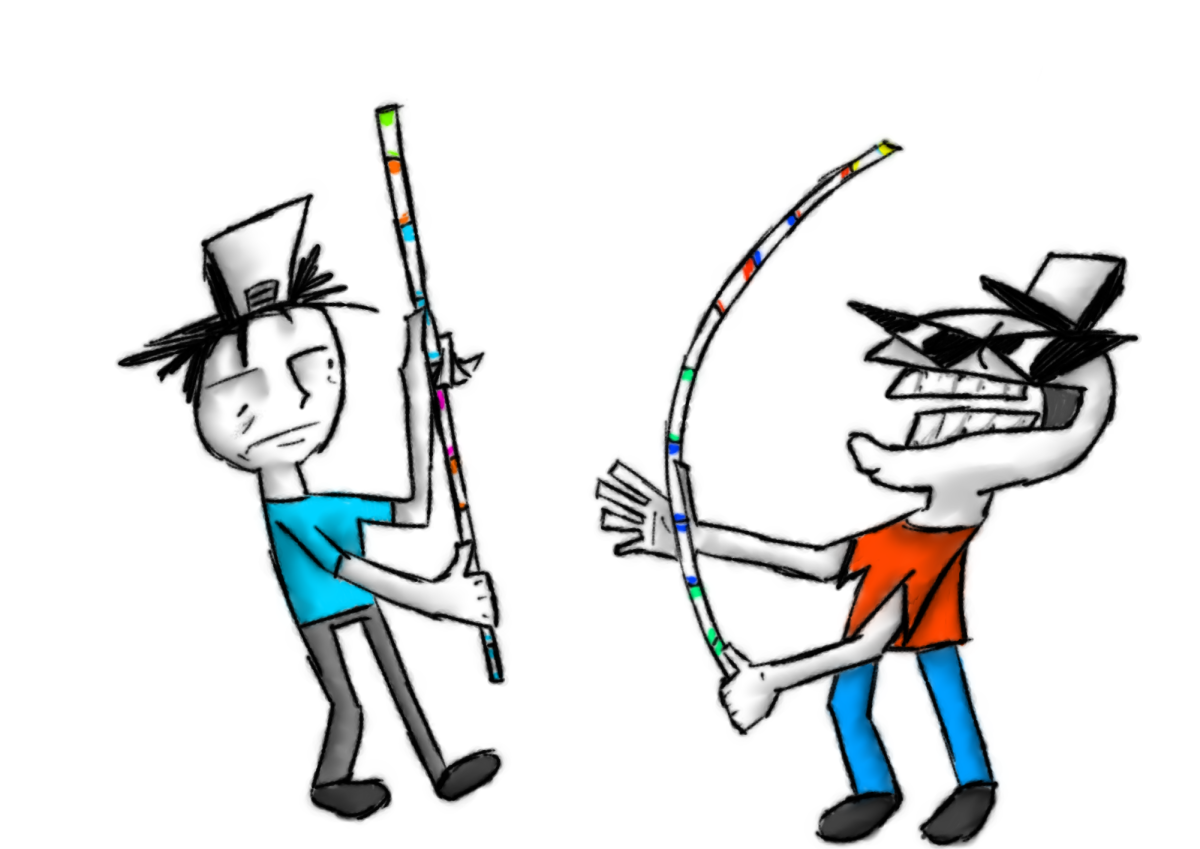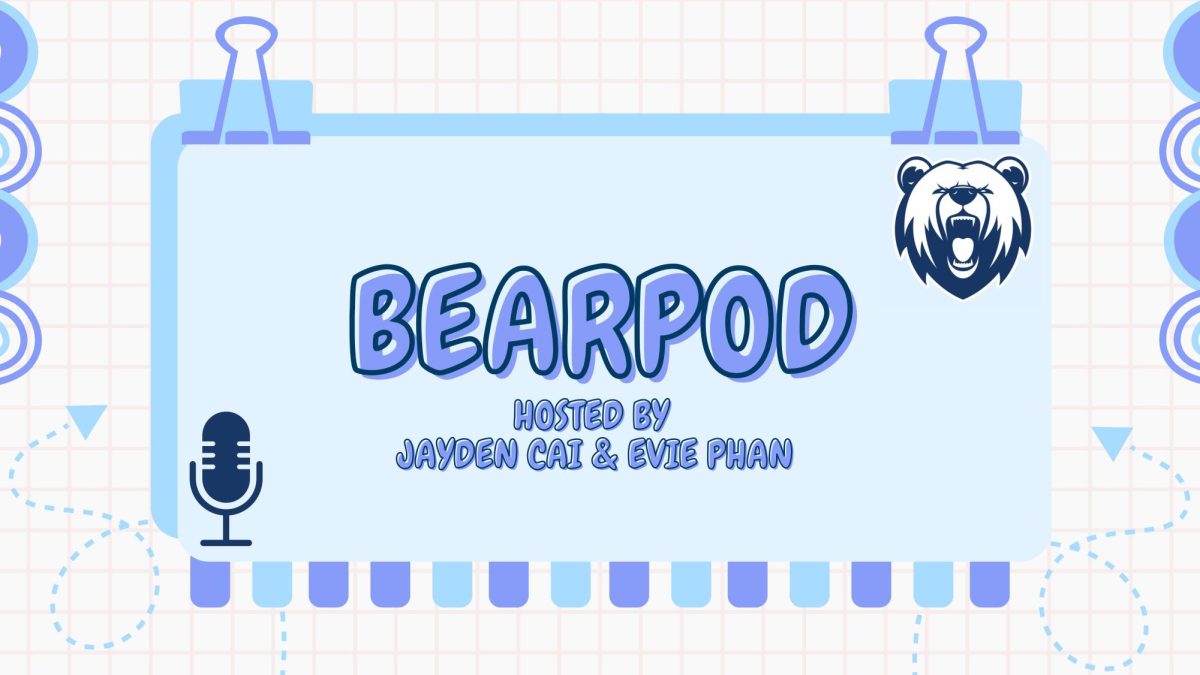What do a domestic terrorist and a loveable cartoon character have in common? They both detest the commercialization of Christmas – though in different ways. One sends letters to support his cause, one sends letter bombs.
Good grief Charlie Brown, why agree with domestic terrorists? Charlie Brown is a tortured soul, tortured by his acute self-awareness that disconnects him from others. This disconnection allows him to be a weather vane for the currents of culture. He is truly the yellow and black canary of Christmas.
In Charlie Brown’s Christmas, the striped canary feels something is off. All around him are people merry and jolly with the frivolities of the Christmas season. They are immersed in the shallow secularity of Christmas that commodifies all of its symbolism into things to be bought. Like aluminum trees sold from Christmas tree lots, there is something inherently hollow about it all.
Instead of gratitude, family, and friends, the Peanuts cast are focusing on the secular and material. For Snoopy the Christmas Spirit is winning the decorating contest; for Sally, it is receiving money from Santa; and for everyone else, it is general merriment.
It is here that Charlie Brown shows himself to be in touch with the currents of culture, for where do these things lead? Contests and fame can not satisfy; money in the final analysis nourishes neither the body nor the soul; and general merriment after a time becomes general boredom. And Charlie Brown implicitly realizes this. Like an Old Testament prophet, he calls the people, or at least Snoopy to repent: “My own dog, gone commercial.”
In the end, it is neither commercialism, nor gratitude, family, and friends that is the spirit of Christmas for Charlie Brown. A holiday based solely on these would not stand the roil of time. Its roots are not deep enough. It lacks the depth to be home for Charlie Brown’s soul and thus he turns from the secular to the religious sphere.
Ted Kaczynski, more commonly known as the Unabomber, was someone who would agree that Christmas should not be commercialized. Kaczynski got into Harvard in 1958 at 16 years of age with an I.Q. of 167. Eventually, he became bitter and resentful at modern society and blamed its failures on technology.
From this hatred, he started a terrorism campaign in 1978 that ended in 1996 after his brother identified his prose style from his manifesto published in The Washington Post and The New York Times.
From the perspective of Ted Kaczynski, more commonly known as the Unabomber, the commercialization of Christmas is a damaging symptom of modern technological society. An illness caused by technology disconnecting man from himself. Indeed, all luxuries and conveniences serve to distance one from what truly provides meaning and satisfaction, the completion of fundamental survival drives.
Kaczynski holds that there are three types of drives: those which can be satisfied with little effort, those which can be sated by a great deal of effort, and those which can never be fully satisfied. Importantly, only the second drive can provide lasting satisfaction and it is precisely this drive that modern society inhibits.
More specifically the second drive is for that which is most fundamental: shelter, food, water, community, love, status, etc. However, should these fundamental drives be obtained with minimal effort then the great meaning that is derived from them is lost. This is an effect observed in the aristocracies of old and now after the industrial revolution, it is seen among almost every layer of society.
In the absence of type two drives requiring great effort, people turn to type three drives to gain meaning in their lives through exerting themselves in the pursuit of something. This would include power, wealth, fame, and buying commercial goods.
So what is Christmas but a holiday of great depth and meaning commodified into a means of satisfying men’s desire to exert themselves in a world where all meaningful things that require their effort have been taken away from him by the very fact that they are given to him? The meaning and satisfaction of life is taken away from him because he acquires his fundamental necessities with ease.
Malcolm X said it was the ballot or the bullet. Charlie Brown says it is the letter or the letter bomb. One way or another the commercialization of Christmas will end.




